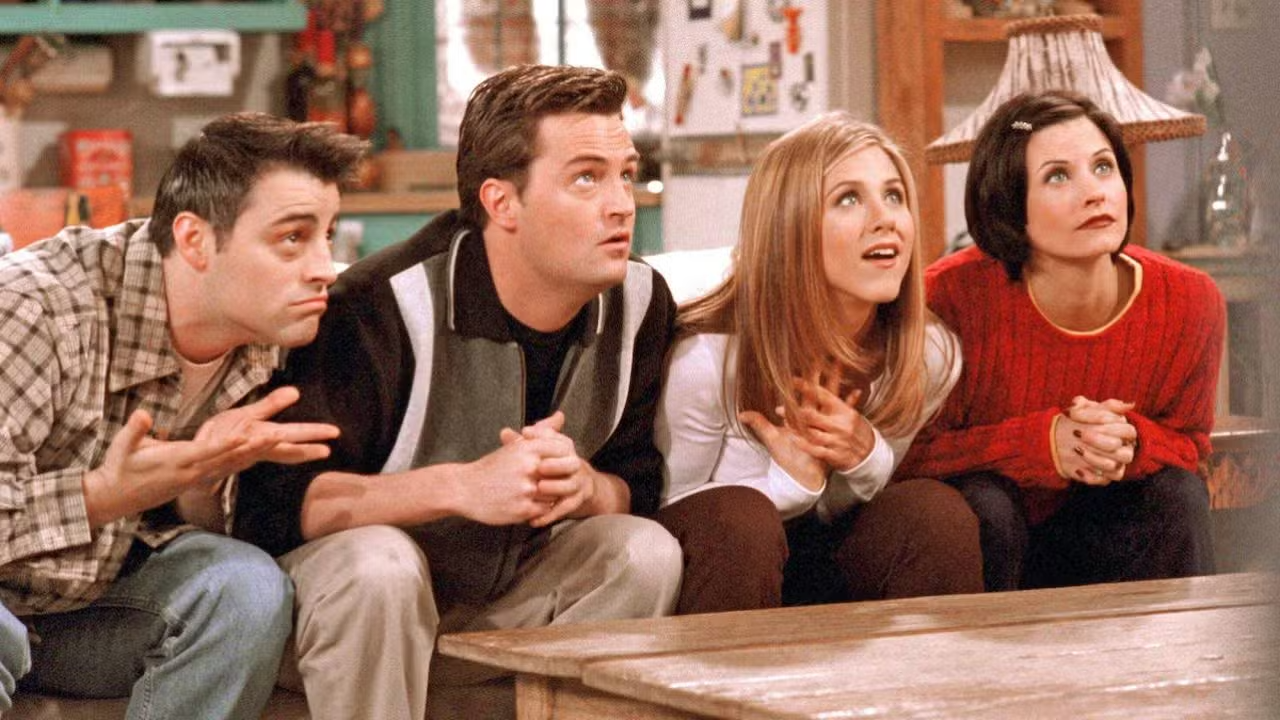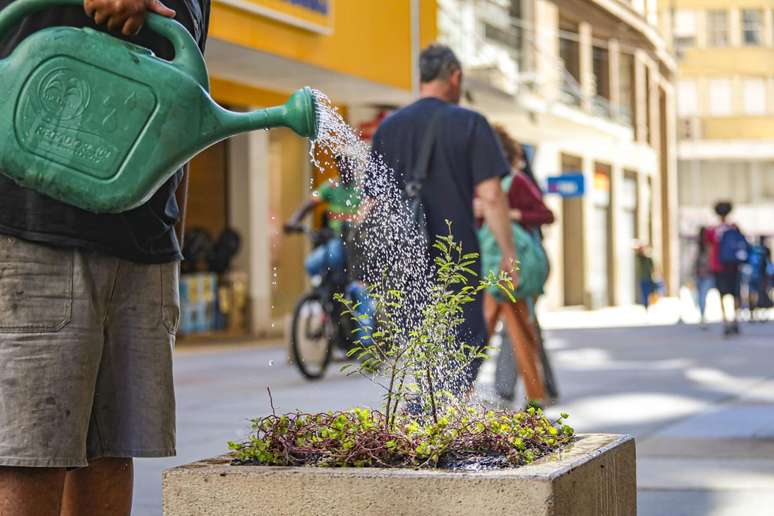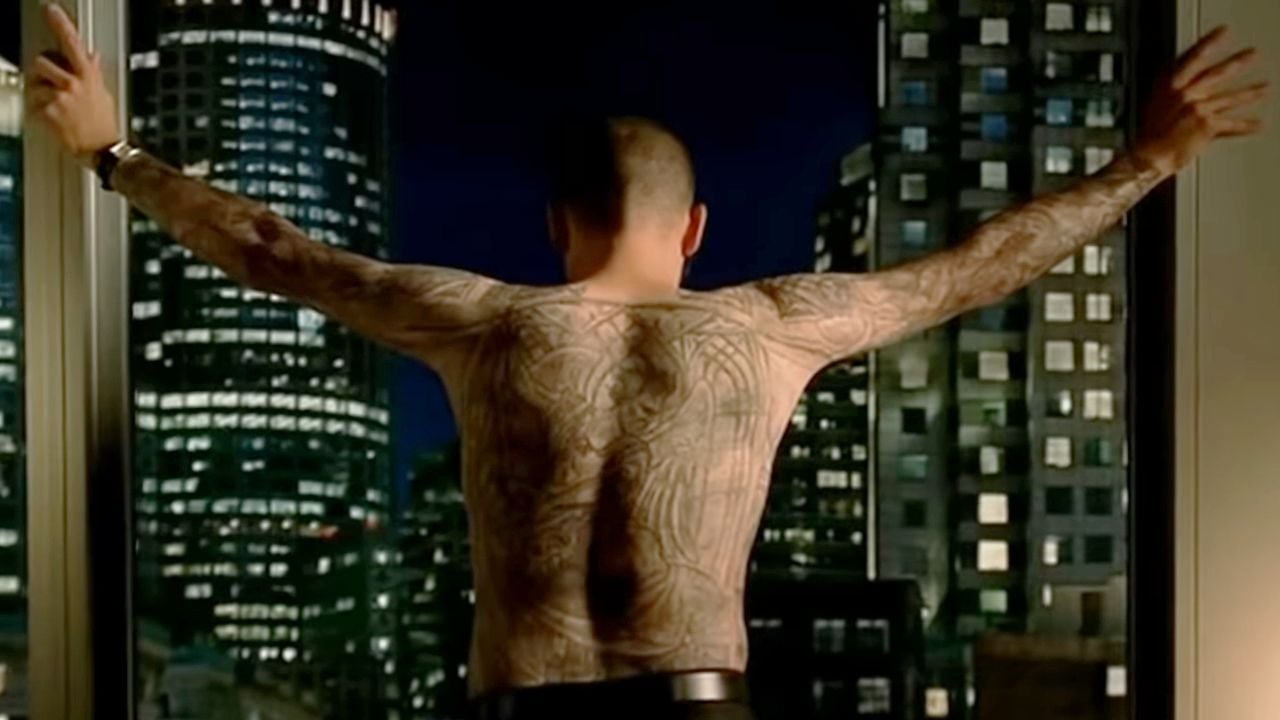Same-sex relationships are a crime in the country of the World Cup and the NGO claims that there are cases of gays, lesbians and transgenders arrested without the right to a defence; The government says everyone is welcome
“It’s hard to listen to the government of Qatar say, ‘Of course, everyone will be welcome in the country’, when I’m not welcome in my home,” he says Nasser Mohamed, the first Qatari to publicly come out as gay. Doctor, Mohamed has lived in San Francisco since 2015, in the USA, a country that granted him asylum because he understood that in Qatar he was at risk only because he was gay. In the country receiving the file World Cup 2022 Since Sunday it has been a crime to be gay, lesbian, bisexual or transgender and extramarital sex, even between people of the same sex, can be punished with up to seven years’ imprisonment.
Mohamed announced his sexual orientation to the world in May this year because he was uncomfortable with the image Qatar had been trying to sell in its preparation for the World Cup. “There’s marketing for the cup that doesn’t show the real picture of what’s happening to people LGBT+ in the countryside,” he says.
“I spoke publicly about myself to give our community a voice, to bring our perspective, because we are even afraid to speak up. Earlier in the year, it seemed that people LGBT+ it didn’t exist there. They (the government of Qatar) they say gays will be welcome, that society is tolerant. This is not true. It is a violently homophobic society. You need to know this.”
Since he began giving interviews about his sexual orientation to international vehicles, Mohamed has also become the target of Internet attacks, he says. “They range from death threats to online bullying.”
The Qatari doctor also says he fears that his country’s government will do something against him, especially after the World Cup. “Honestly, I don’t know what they can do. Their moves are unpredictable and their reach is vast. They are connected with politicians and rich people everywhere, people who are willing to do anything for them.”
Mohamed, however, believes that as long as the Cup lasts, he will be relatively safe. This is because, speaking with the international press, he begins to make himself known on a global level. “Qatar cares a lot about its image. Since there are many people paying attention to me now, they won’t hurt me. My challenge is to be able to stay safe after the World Cup, when people stop talking about the country . Then I think I might be a target.”
Mohamed’s concern may seem exaggerated to those unfamiliar with Qatar, but according to the NGO Human Rights Watch (HRW), there are reports of cases in the country where the Department of Preventive Security has arbitrarily arrested and beaten LGBT+ people. A trans woman told HRW she was beaten unconscious. Another, who was held in solitary confinement for two months. Five people complained to the NGO that they were victims of sexual harassment between 2019 and 2022 while in detention. It was Mohamed who helped HRW connect with some of these people.
These Qataris, according to HRW, had to pledge to participate in “conversion therapy” sessions and sign documents declaring that they would cease “immoral activities”. They were not granted the right of defense and were not provided with any kind of document proving that they had been arrested. The NGO points out that their arrests may have been based on a community protection law that allows for up to six months’ imprisonment without charge or trial if there are “founded reasons for a violation of public morality”.
The situation of the LGBT+ population in Qatar prompted Mohamed to create an awareness campaign. During the World Cup he will tell, on his social networks, one story a day about an anonymous Qatari who is part of the LGBT + community. He also created an NGO called Alwan Foundation (Fundação Cores, in Portuguese), which is raising funds to help protect the gay community in the Persian Gulf region.
This week, the Qatari doctor even launched a kind of support group organized for the Qatar national team, called the Proud Maroons (Proud Maroons, in Portuguese). The name is a reference to the team’s nickname (Maroons), and its slogan says they are the “group of LGBTQ+ national team supporters Qatar never wanted”. On social media, Mohamed stressed that he is the only supporter who, in fact, cannot have members from his own country, because “being part of the group would send them to prison”.
Despite the visibility that the Cup is giving to the issue, Mohamed stresses that he does not see the moment as “an opportunity” to draw the world’s attention to the situation of the LGBT+ population in his country. “I’m experiencing this as a stress crisis. I feel threatened and exposed, but I felt the need to speak up. The fact that no other Qatari is speaking about it publicly should give you an idea of how dangerous it is to do this.”
While Qataris are barred from speaking, the European players intend to raise the issue during the World Cup. The captains of national teams such as England, Germany, Switzerland and Belgium, among others, promise to wear rainbow armbands, a symbol of the LGBT+ struggle. This week, airline Lufthansa announced that it had painted the plane that will carry the German team to Qatar with the message “Diversity wins” (in Portuguese).
wanted by Stage, the Qatari government reiterated that the country is “inclusive and welcoming” and has a “culture of warm hospitality”. “Our successful track record of hosting hundreds of international events clearly demonstrates this, and the 2022 World Cup will be no different.”
🇧🇷The best content in your email for free. Choose your favorite Terra newsletter. Click here!
Source: Terra
Camila Luna is a writer at Gossipify, where she covers the latest movies and television series. With a passion for all things entertainment, Camila brings her unique perspective to her writing and offers readers an inside look at the industry. Camila is a graduate from the University of California, Los Angeles (UCLA) with a degree in English and is also a avid movie watcher.







